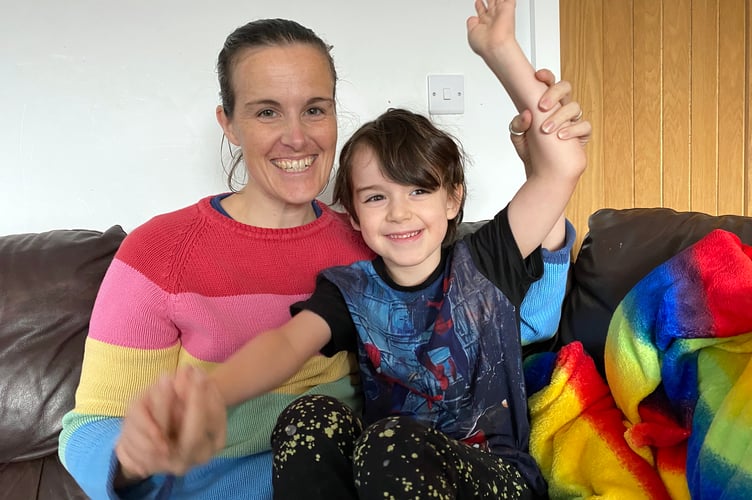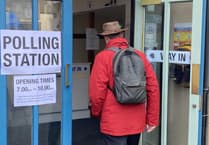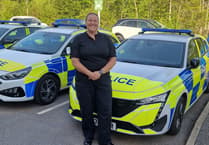FRUSTRATED parents in West Devon are joining forces to press for changes to the schooling of their children who have special needs.
Some parents have even given up their jobs and sold their homes in order to support their children at home because they are not learning at school.
Meanwhile, a national pressure movement called S.E.N.D staged a regional protest in Plymouth echoing local parents’ demands for wholesale reform of the Special Educational Needs (SEN) process across the country — the provision of alternative education to the mainstream system.
Parents accept their children cannot always receive the intensive teaching required at small primary schools. But they criticise both the ‘lengthy’ and ‘opaque’ process of assessing children for their individual education, health and care (EHC) plans and then the assessment for suitability for specialist schools. They also claim the consultation process with parents by Devon County Council is ‘inadequate’.
Parents say their children, many of whom have been diagnosed with conditions such as ADHD and autism, for instance, ‘should be in a specialist school’ (often as verbally advised by professionals). But the mums and dads complain they are not learning how to read or write to the standard expected at their mainstream school, either because they do not get the badly needed 1:1 attention or are emotionally unable to cope with the schools. As a result, parents have to reluctantly withdraw them from school and keep them at home.
This forces some desperate parents to sign onto benefits as they are no longer able to work.Vicky Sanham’s son, Malachi, has adhd, a speech difficulty and autism and cannot learn at his school in Whitchurch because they do not have the specialist staff or environment to give him the right education.She has formed a social media group of unhappy parents in her position: “There are about 30 parents in the same position as me. I cannot go out to work because Malachi’s school is not suitable for a child with special educational needs.
“The school is wonderful and supportive to Malachi and gives him one-to-one support. But Malachi can’t go to mainstream school any more and has tried to hurt himself to avoid going. If he does go, he comes home so distressed, that I have had to keep him home for his own safety.”
Vicky, who has been involved in diagnosing child autism as an assistant clinical psychologist, is critical of the DCC for the way it deals with assessing access to specialist schools for children with an EHCP.
She said: “It’s very ironic that I’ve been professionally involved in diagnosing autism in children, but when it comes to being a parent I feel that me and my husband and other parents aren’t listened to. Parents’ views are seen as insignificant in compared to professionals, even though the professional may see my child for an hour a year and I am with him 24/7.
“Parents are made to feel it is their fault that children are the way they are and parenting courses are suggested. However, most parents with children with SEND would say their parenting has had to change because the strategies you would normally use just don’t work.
“The process of assessing the need for a specialist school seems opaque. We don’t know who is making the decisions. I’d love to meet these people on the LEA panel and for them to meet some of these children.
“It seems much more weight it given to professionals like psychologists and GPs and social workers than parents. We parents agonise over the evidence we’re asked to give to support our applications for specialist schools, but it’s just a box-ticking exercise for the consultation process.
“It’s Malachi that matters and he’s missing out on learning. He can’t read because the National Curriculum insists on using phonetics. But he can’t make the sounds needed to learn that way due to his speech disorder.
“He could access other ways of learning within a specialist school environment. Historically, I was told that his difficulties were simply speech related, but he now has a diagnosis of autism too. This diagnosis was hard fought for and if I had listened to ‘professionals’, he would be considered a naughty kid who struggles with speech’.
Devon County Council says on its website: 'We want every child in Devon to dream, believe and achieve, and fulfil their potential, some just need a little extra help or support to do this.'
Devon County Council has been approached for a comment.





Comments
This article has no comments yet. Be the first to leave a comment.